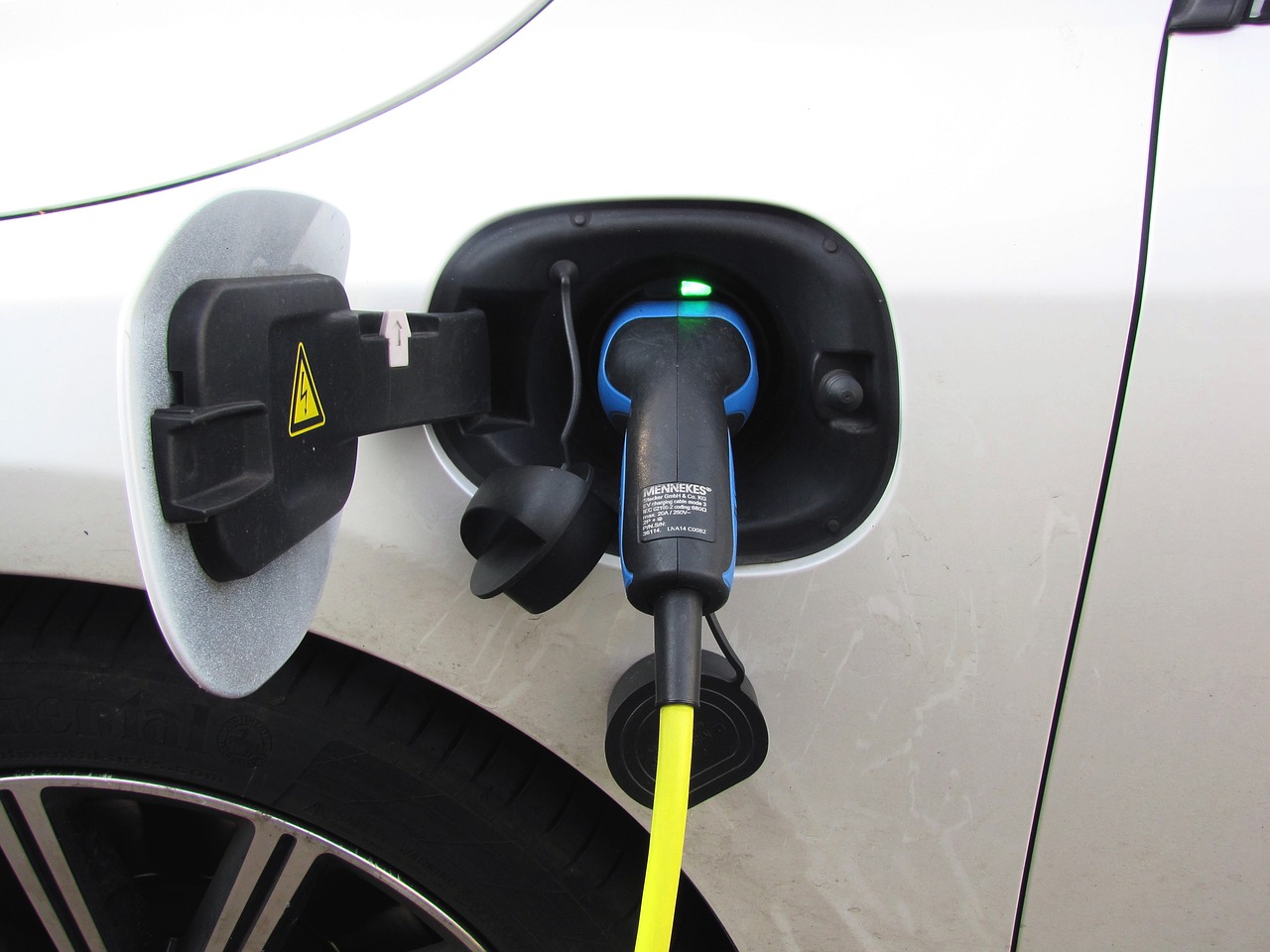Are Electric Cars The Future Of Automotive Businesses?
While obstacles to vehicle electrification remain, possibilities worth fighting for do exist. This is especially true in metropolises, where pollution, congestion, and safety are pressing priorities. The expansion of GDP and population will directly uplift the rate of car possession. This has spawned innovations such as mobility-as-a-service, enhanced traffic control and parking systems, freight sharing technologies, and a brand new medium of transportation (electric cars) based upon two or three wheeler.
The international electric vehicle business has grown dramatically during the last decade. With the increased number of EVs worldwide, the automotive industry still predicts that we are only just scratching the surface.
The Global Developmental Graph Of EVs
Let’s look back a few years to grasp the current state of the EV sector. Globally, the proportion of lightweight electric vehicles increased by only 9% in 2019. This was a big change from the preceding six years’ growth rates of 46% to 69%.
The decrease in revenue in the second quarter of 2019 faced by the two biggest economies, China and the USA, caused this move. Despite static development in the two leading regions, global EV sales rose, led by Europe’s 44% surge.
Early in the year 2020, COVID-19 made the picture for worldwide EV sales uncertainty. Considering the global pandemic and its repercussions, the year 2020 proved out to be remarkably positive. Global EV sales surged 43% in 2020, and the industry’s market share witnessed a record 4,6%.
Influential Impact Of Electric Cars On The Technical Sectors
As businesses explore new concepts of electrified, interconnected, autonomous, and shared mobility, industry players are speeding up the pace of technical innovation in the automobile industry.
A total of around $400 billion in expenditure has been made into the automobile business over the last decade, with around $100 billion of it arriving since the commencement of 2020. All of this money is going to companies and start-ups that are investing on electrifying mobility, linking vehicles, and developing autonomous driving technologies.
Are The EVs Actually GREEN?
EVs do increase electricity use, but debaters do name it as a blessing in disguise for energy providers in the future. Around 80 terawatt-hours of energy will be consumed by EVs in 2020, with two-wheelers in China accounting for the lion’s share of that consumption.
In 2020, just approximately 1% of the world’s total electricity usage will come from electric cars, given the fact that 4.6 % of the world’s automobiles are electric.
Over 30 TWh of existing battery storage capacity will be added by electric vehicles by the 2040s. As a corollary, electric vehicles (EVs) hold the potency of providing utilities with low-cost energy storage that requires no upfront investment and just minimal ongoing maintenance.
Well over 50 million metric tonnes of carbon dioxide equivalent (GHC emissions) will be saved through the use of electric vehicles (EVs) by the year 2020.
Is The Consumer Happy?
There is a shift occurring in consumer attitudes toward sustainable forms of transportation, as more individuals use them. Shared bicycle and e-scooter rides have increased by 60% year-over-year in the inner city. According to a recent McKinsey consumer study, post-pandemic bicycle use (both shared and personal) may climb by over 10% over pre-pandemic proportions.
Shared-mobility options, however, are becoming increasingly popular with customers. 20% of Germans say they use ride-sharing services (6%) at least once a week, which can significantly minimize vehicle mile driven and emissions.
The Bottom Line
In 2040, electric vehicles will account for 58% of worldwide passenger vehicle sales, according to a new report from Bloomberg New Energy Finance, but they will only account for 33% of all vehicles on the road.
Despite the fact that the intensity and frequency of change may vary, electrification will contribute significantly in presenting immense opportunities with the modernization of existential automobile businesses.

